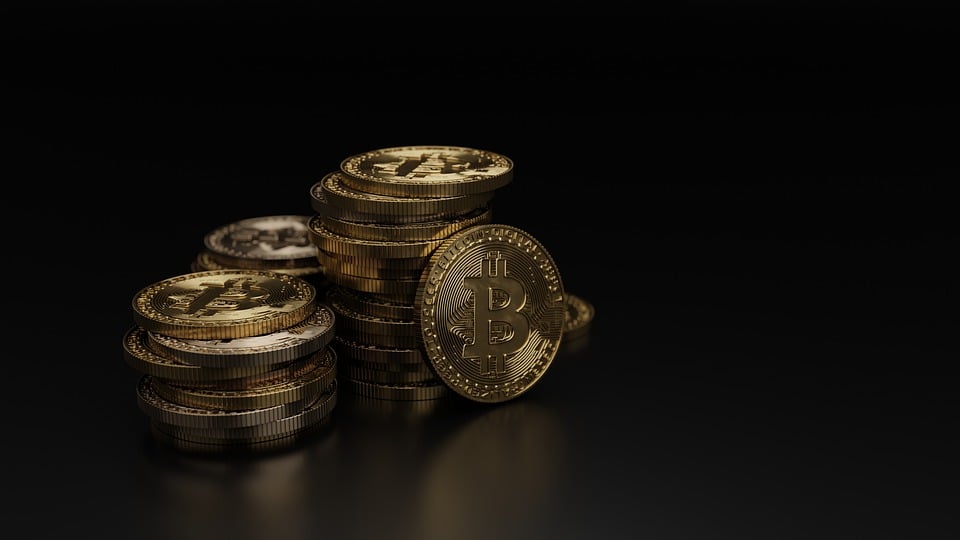Blockchain technology is causing a revolution in the world of decentralization, transforming traditional industries and allowing for more secure, transparent, and efficient operations.
Decentralization refers to the distribution of power and control away from a central authority, allowing for greater autonomy and decision-making at the individual or community level. With blockchain technology, this concept is taken to new heights by enabling peer-to-peer transactions without the need for intermediaries such as banks or government agencies.
One of the key features of blockchain technology is its ability to create a secure and immutable ledger of transactions. Each block in the chain contains a record of all transactions, which are verified and encrypted before being added to the chain. This means that all parties involved in a transaction can trust that the information is accurate and cannot be altered or tampered with.
This level of transparency and security is particularly advantageous in industries like finance, where trust is paramount. With blockchain technology, financial transactions can be verified and completed in real-time without the need for multiple layers of verification or approval. This not only speeds up the process but also reduces the risk of fraud and error.
Another area where blockchain technology is revolutionizing decentralization is in supply chain management. By using blockchain, companies can track the journey of products from manufacturer to consumer, ensuring that all parties involved have access to real-time information about the origin, quality, and location of goods. This not only increases trust and transparency in the supply chain but also allows for better traceability and accountability in case of recalls or disputes.
Blockchain technology is also transforming the way information is stored and shared. With traditional centralized systems, data is stored in a single location, making it vulnerable to hacks and data breaches. With blockchain, data is distributed across multiple nodes, making it virtually impossible for hackers to access or alter information. This is particularly important in industries like healthcare and government, where sensitive information needs to be protected at all costs.
Overall, blockchain technology is revolutionizing decentralization by empowering individuals and communities to take control of their own transactions, data, and information. By eliminating the need for intermediaries and central authorities, blockchain is paving the way for a more secure, transparent, and efficient future. The possibilities are endless, and as more industries adopt blockchain technology, we can expect to see a truly decentralized world emerge.



